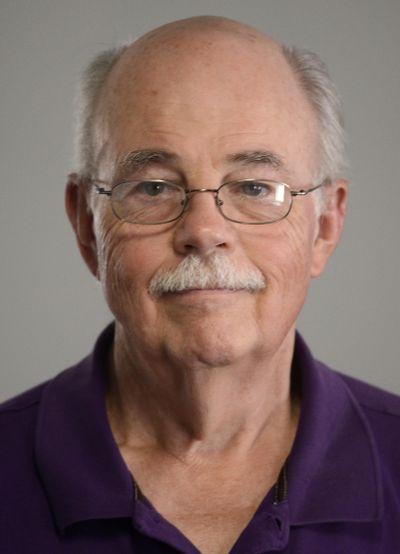Faith and Values: When better angels provoke us

I write these words on the day when five “explosive devices” potentially threatened highly visible former and current political leaders, plus CNN headquarters in New York City. No one was injured, but democracy was dealt a hard body blow.
We will most certainly recover, but it will require far more cultural self-examination and resolve than we have been willing to embrace in recent years. Self-examination requires we look deep and wide for our “better angels.” Resolve requires we listen courageously to those better angels.
Abraham Lincoln’s first inaugural address acknowledged the palpable tensions in our country that triggered the Civil War five weeks later, April 12, 1861. Still, he asserted, “We are not enemies, but friends. We must not be enemies.”
He called the nation to “… yet swell the chorus of the Union, when again touched, as sure they will be, by the better angels of our nature” (John Meacham’s new book, “The Soul of America: The Battle for Our Better Angels,” p. 3).
The “better angels of our nature” strongly suggests that Lincoln knew, deep down, that all people – especially those he disagreed with vehemently – were capable of reaching well beyond their basest fears to be embraced by a call to behavior and thought that reflects becoming a better human being.
In today’s American – and religious – culture, our better angels are working overtime to bring us along! Some of us simply don’t choose to recognize those angels. It’s easier to get stuck in the muck of fear, of hopelessness, of pain projected on everyone else, of blind anger that tears down rather than builds up.
Just yesterday, I came across a reminder that was an “Aha!” moment. The writer of Hebrews challenges us to “… consider how to provoke one another to love and good deeds” (Hebrews 10:28).
Our better angels provoke us, they call us to be much more than we think we are. Sometimes that call comforts us in our various afflictions. More often, it afflicts our self-righteous comfort.
Those better angels can push or pull us to reach beyond our fears, our angers, to where our truer selves live.
For example, NPR reported on Sept. 28 that Amma Amdeen, a hijab-wearing Muslim, showed up at an anti-Trump rally to protest the administration’s policies.
Joseph Weidknecht, a homeschooled white male, attended the same event to support the administration. He was harassed by anti-Trump protesters and had his “MAGA” hat stolen.
Amdeen came to his defense, demanding that he be left alone. “She said she knows what it’s like to be intimidated for the headgear she wears. Weidknecht said she’s the first Muslim he has come to know.”
Do better angels know only human beings, not religious affiliation?
Certainly!
Much closer to home, I read in The Fig Tree’s October issue about Mark Hamlin and Susan Burns, who teach groups and individuals about Nonviolent Communication. Their better angels have provoked Mark and Susan for some years to continue their teaching and practice of this skill.
They know that conflict is inevitable between people. What they believe Nonviolent Communication does is teach people skills and attitudes to make that conflict productive. Did better angels provoke their passionate mission? I think so.
In some recent column, I reminded readers of a guiding principle that Richard Rohr’s Center for Action and Contemplation tries to follow: “The best criticism of the bad is to practice the better.” It takes very little awareness on our parts to look around to find places to practice the better.
It takes much more self-effort to recognize better angels at work inside myself. How about you?
The Rev. Paul Graves, a Sandpoint resident and retired United Methodist minister, can be contacted at welhouse@nctv.com.